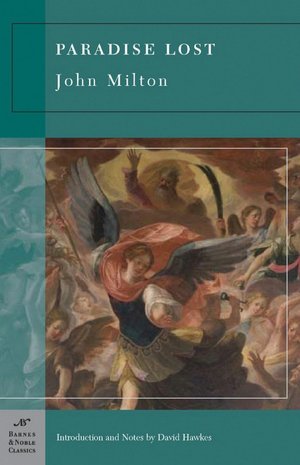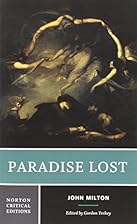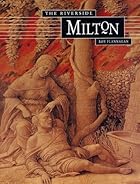 New Scientist ed. 17Mar - 23Mar 2012
New Scientist ed. 17Mar - 23Mar 2012
*Neuroscientists are studying the navigation system of mice by looking at how the neurons fire while the mice navigate a virtual reality “maze.” The maze isn’t very complicated yet. :)
*A small amount of alcohol consumption increases people’s speed and accuracy while performing a test which involved linking groups of words with a single concept. This study supports the idea that people who are less focused on a task are better able to make creative connections, as described in the new book Imagine: How Creativity Works, by Jonah Lehrer (a book which I hope to read sometime this year!).
*There was an interview with Noam Chomsky, whose work I have always been fascinated with even though I’ve never read any of his books. :( But this interview made me more eager to get on the ball!
*An article listed a bunch of particles quantum physicists are currently looking for, and briefly described what each one was. Do we really believe all these particles exist? It seems like they make them up to fit some weird mathematical quirk in their wave equations.
*About half of this edition was about “The God Issue.” There were 4 feature-length articles about science and religion and one interview.
-The first article was about Justin Barrett’s theory that humans are born with an instinctive belief in supernatural explanations. This is because we have a tendency to explain events we don’t understand with “agents,” (things that act upon their surroundings). So, for instance, if a ball goes flying through the air, a child will assume that someone acted upon the ball to make it move. This “agent” explanation continues throughout life, but as we get older we tend to explain things with rational thought rather than intuitive thought. Barrett has a book out called Born Believers: The Science of Children’s religious belief which goes into depth about this theory. I’ll probably try to read it sometime.
-The second article was about Ara Norenzayan’s theory that organized religion developed as small hunter-gatherer groups banded together in larger, non-nomadic cities. Hunter-gatherers tend not to have moralistic religions because they are in small groups with which they share many genes (and therefore have genetic push towards altruism). According to Norenzayan, moralistic religions developed when groups of people became so large that each individual was exposed mostly to people who were not related. Since the genetic push for altruism no longer worked in this society, they needed a moralistic (organized) religion to keep people playing nice with one another. This theory is described in a book which is soon to come out The Making of Big Gods, which I will try to read as soon as it’s released.
-The third article was Robert McCauley’s idea that humans are naturally inclined to religion because the intuitive explanation is easier to come by than a rational explanation. Science is more difficult than religion because it requires a rigorous explanation of things that can often not be explained. Theology is kind of like science because it takes religion out of its intuitive state and tries to create rational explanations that often don’t make sense or contradict themselves. His new book is Why Religion is Natural and Science is Not.
-The fourth article is by a scientist who seems to think that because science has not proven that God exists that God must not exist. It wasn’t really that interesting to me because it seemed a little meaningless.
-The interview was about Alain de Botton’s new book Religion for Atheists which is about why humans need religion and what aspects of religion atheists should try to adapt to their own philosophies in order to benefit from this essential need. I am definitely going to read this book soon, too.

















































